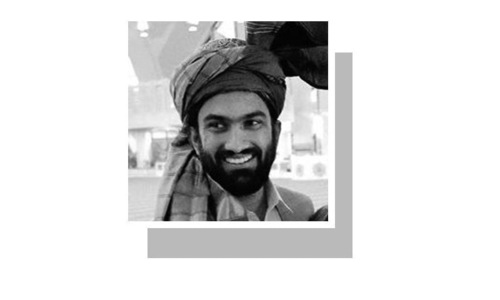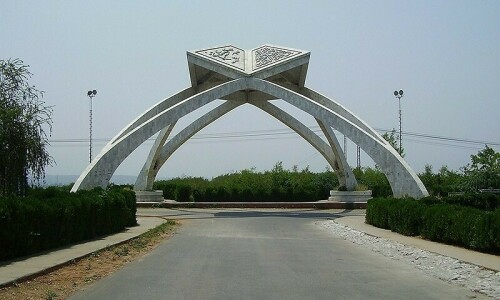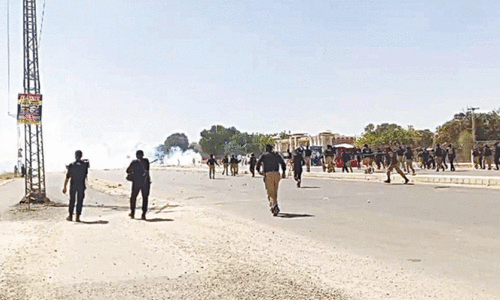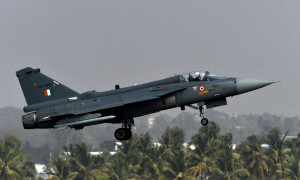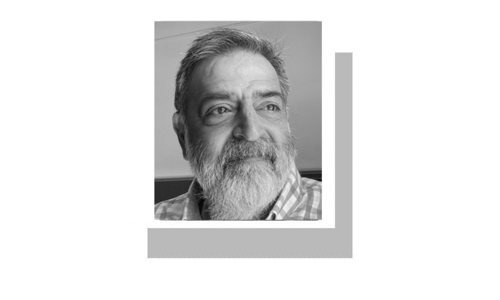THIS is not a perfect world. These six words were cynically hurled at me around midnight by the person occupying the presidential mansion in Islamabad in 2009. He was mad at me because, as the head of the Federal Investigation Agency, I had the audacity to launch criminal investigations against four cabinet ministers allegedly involved in human smuggling, money laundering and other corrupt practices. In an environment of sleaze, corruption and graft were the intractable realities of the governance paradigm.
The Federal Investigation Agency was established 50 years ago through an act of parliament in 1974. It replaced the Special Police Establishment (SPE), which was the premier anti-corruption institution at the time of independence. In fact, the first organisation to deal with corrupt practices in India during World War II was the Special Police Force set up in 1943. Khan Qurban Ali Khan was the first superintendent of the SPF. He was later the first inspector general of police of West Pakistan after independence. In 1946, the British Indian parliament enacted the Delhi Special Police Act, intended to create a special police establishment, a specialised agency, for making inquiries and investigations into certain specified offences, including corruption within the public services.
This institutional arrangement was replaced in 1963 by the Central Bureau of Investigation (CBI), which was established through a resolution adopted by the Indian government pursuant to the recommendations of the Santhanam Committee on the Prevention of Corruption. The committee defined corruption as “any improper or selfish exercise of power and influence attached to a public office or to the special position one occupies in public life”. Corruption is, in fact, the misuse of public office for private gain. The committee concluded that “it is the effective implementation of the rule of law that confers legitimacy on the state. If the rule of law is compromised by corruption, the state loses its legitimacy”.
The FIA should go after serious complaints of corruption by government functionaries.
However, the SPE continued to function in Pakistan since 1947 as a specialised institution, investigating cases under the Prevention of Corruption Act of 1947. The provinces established their own Anti-Corruption Establishments. However, cases having inter-provincial ramifications were dealt with by the SPE. Many seasoned police officers like M.A.K. Chaudhry commanded the special federal institution until in 1974, prime minister Z.A. Bhutto decided to establish a new agency modelled after the US Federal Bureau of Investigation (FBI) and the CBI. Mr Bhutto also created a Federal Security Force, which became notorious for political vendetta and witch-hunting. It is an irony of fate that the two special agencies created by Bhutto were instrumental in eliminating him from the political scene. An FSF hit squad targeted an MNA, a political maverick and a critic of Bhutto, whose father was killed in the attack in Lahore. He specifically named the prime minister in the conspiracy of murder. The case filed by the Lahore police remained dormant until Gen Zia promulgated martial law in 1977, and the case was reactivated.
The original framers of the FIA Act, 1974, did not include the offence of murder in the schedule of offences that could be investigated by the agency. However, through a change in rules, the interior ministry amended the schedule of offences and added the offence of murder under Section 302 of the Pakistan Penal Code that could be investigated by the FIA. The agency filed the case of abetment of murder against the former PM after the then head of FSF and its hit squad officials turned approvers and testified in the trial court against Bhutto. Despite the alleged promise of clemency, the hit squad, led by the DIG police, was sentenced to death. The gory saga culminated in the hanging of the former prime minister in April 1979 after a controversial trial by the Lahore High Court and an appeal process before the Supreme Court. The hit squad, too, was executed.
The incumbent DG is the FIA’s 43rd head in 50 years. Last month, he invited some former DGs for the 50th anniversary of the agency’s establishment to review its performance and suggest a roadmap for making it a professional anti-corruption institution and an effective accountability watchdog. A frank appraisal was undertaken. Unfortunately, successive civilian and military governments have misused the agency for political engineering and vendetta against the opposition. Since the 1990s, the PML-N, PPP, PML-Q and the PTI governments have used it for settling scores with their opponents. A few exceptional DGs have resisted the pressure to become instruments of witch-hunting and have preferred premature transfer over following the diktat of the junta.
The experiment of establishing the National Accountability Bureau in 1999 is a failed attempt to create a parallel anti-corruption organisation by another military dictator. There is consensus that it has been misused as a political engineering instrument. This deep state enterprise must be shut down. A reformed FIA as a strong instrument of law must combat organised crime and corruption in all its manifestations. Its professional autonomy and operational independence must be guarded strongly. The CBI in India is guarded by the country’s supreme court against political interference, while the FBI in the US is protected by Congress. The DG FIA should have a secure tenure of at least three years. The appointment proposed by the chief executive should be endorsed by the National Public Safety Commission under Police Order 2002. Similarly, any premature transfer on account of alleged misconduct should be scrutinised by an independent Police Complaints Authority. The FIA should be a symbol of the fear of law for the ruling elite, as it should go after serious complaints of corruption by government functionaries rather than filing cases against those in opposition.
The FIA must be an apolitical, operationally autonomous, and highly accountable institution, geared to combat corruption in high places and deal with such organised crimes as money laundering, terror financing, the smuggling of migrants, trafficking in persons, cybercrime, and all emerging transnational organised crimes. Such an agency can gain public trust only under a leader who is known for unimpeachable integrity and courage.
The writer is a former DG FIA.
Published in Dawn, December 28th, 2024




